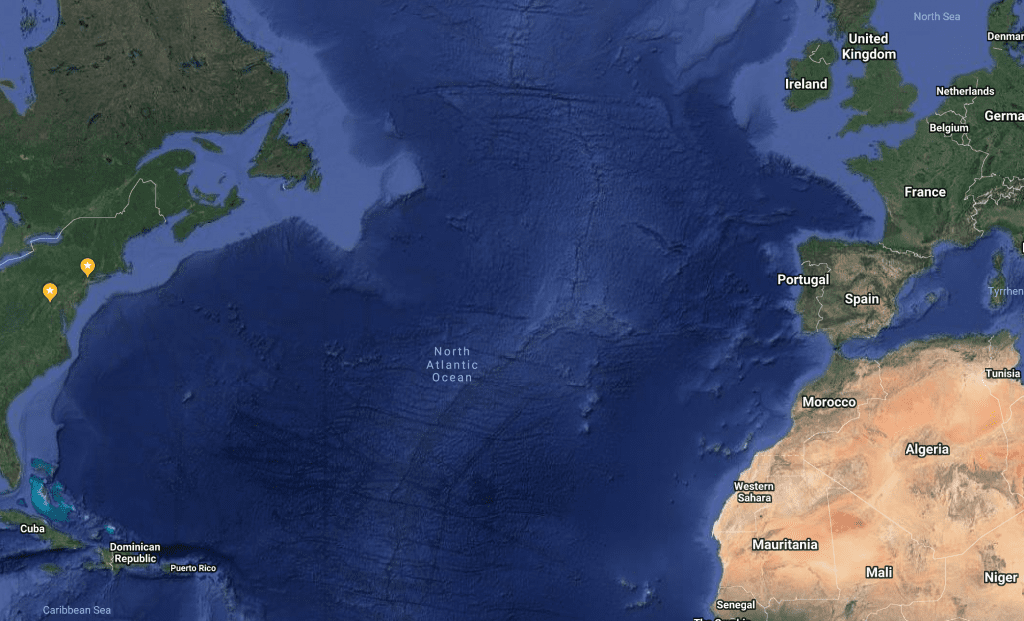- Maritime Cases
- Maritime Injuries
- Admiralty Laws
- How Claims Work
- During Your Case
- Hiring an Attorney
- Attorneys
- About The Young Firm
- Helpful Info
- Resources
- Client Portal Hub
Get Answers. Move Forward.
504-680-4100
If you are injured while working overseas on an oil rig or vessel, and you are an American citizen, chances are very good that you can file your Jones Act maritime claim in the United States. The location of your accident does not necessarily determine the location where you must file suit.
Additionally, the location of your accident also does not necessarily determine the law which is to be applied in your case. If you are a Jones Act seamen, that relationship between you and your employer allows you to file suit under the Jones Act regardless of where your injury occurred.
The Jones Act may still cover an injured maritime worker working overseas or in a foreign country. As long as the victim was considered a Jones Act seaman at the time of injury, he or she can enjoy protection under the act.

The worker should follow many of the same steps he or she would take if the injury had occurred within American waters. Take note: these particular claims can quickly become complicated owing to matters of jurisdiction and determining employer and employee status. Many injured workers choose to work with an attorney because of the complexity of these cases.
If you have been injured while working overseas, you may be wondering if you can sue the company at fault. One of the first issues to look at is whether the company falls under United States “jurisdiction.” In order to file a lawsuit in the United States, a United States court must have “personal jurisdiction” over all entities that you are filing suit against. This means they have to have the authority to administer justice. You can typically obtain personal jurisdiction in three ways.
As you can see from above, even if you are employed by an actual foreign corporation without offices in the United States, it is still possible to file your maritime Jones Act claim in the United States against your employer. These rules also apply to any third party companies that you are trying to file claims against in the United States.
A maritime worker who is an American citizen does not necessarily need to file a suit in the country of incident. In some cases, the worker can file suit once home in the United States. This will depend on whether or not the United States has any jurisdiction over the overseas vessel or oilrig where the injury occurred.
Laws grant U.S. federal courts jurisdiction over foreign-owned vessels and companies provided the company does enough business in the United States. U.S. courts may have specific jurisdiction if the employer came into the U.S. to recruit you.
A maritime attorney can help determine if the non-American employer meets this threshold and answer other questions about jurisdiction.
Non-American citizens may qualify for Jones Act coverage provided they:
These workers must prove they cannot collect sufficient compensation within their own countries or the countries in which the accident occurred.
Maritime workers injured overseas are eligible for a number of damages:
An injured worker should take steps to protect a claim. This means reporting the injury to a supervisor, maintaining all evidence of the accident and injury, getting contact information for all witnesses and keeping medical records and receipts.
A worker may also choose to hire an injury attorney to handle all communications with the involved parties and insurance companies. An injured seaman should decline to give a recorded statement or sign documents immediately after an accident. These can undermine or damage a claim, or even waive any rights to recovery.
More articles about Jones Act jurisdictions and applications: